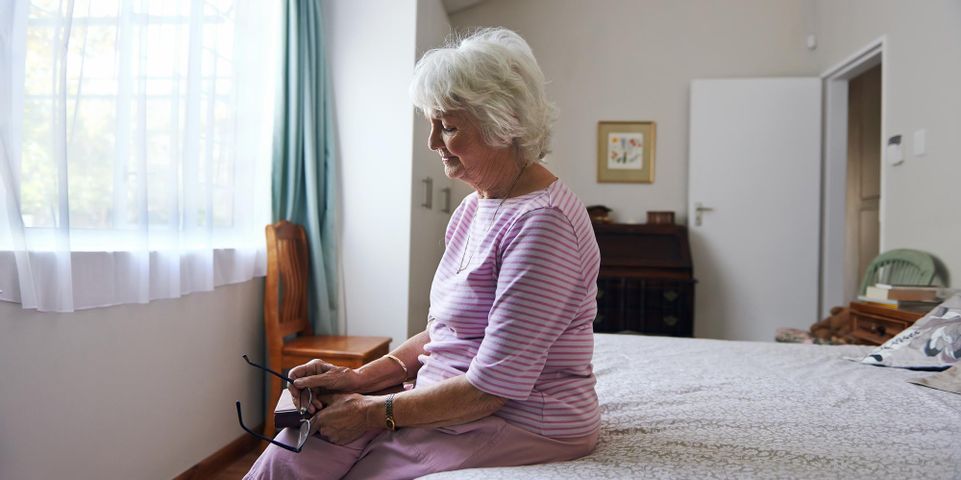
As your loved one ages, they may start having trouble recalling specific memories, articulating their thoughts, or keeping track of their responsibilities. While some of this is a natural aspect of getting older, these may also be symptoms of dementia. Dementia isn’t one-size-fits-all—in fact, this is an umbrella term for several medical conditions involving memory loss. Whether your loved one is living at home or in a senior care facility, the following list will help you learn more about how their brain is changing.
3 Kinds of Dementia Your Loved One May Have
1. Alzheimer’s Disease
One of the most widely known forms of dementia is Alzheimer’s disease, as it is responsible for around 60–80% of dementia cases. It develops as brain cells die off, usually affecting short-term memory first. If your loved one has Alzheimer’s, you might notice frequent mood swings, irritation, and disorientation. As the condition progresses, they may start to forget long-term memories, such as family members’ names, and have difficulty completing everyday tasks, such as cooking or eating.
2. Lewy Body Dementia
 This type of dementia is named after the specific proteins that clog up nerve cells. These “Lewy bodies” prevent the brain from sending and receiving messages from the rest of the body. As a result, people with Lewy body dementia may not only have memory loss but also trouble moving around. As the disease progresses, patients may suffer from tight muscles and poor posture and have difficulty walking. Another side effect of this form of dementia is hallucinations, which can cause further disorientation and disrupt the sleep schedule.
This type of dementia is named after the specific proteins that clog up nerve cells. These “Lewy bodies” prevent the brain from sending and receiving messages from the rest of the body. As a result, people with Lewy body dementia may not only have memory loss but also trouble moving around. As the disease progresses, patients may suffer from tight muscles and poor posture and have difficulty walking. Another side effect of this form of dementia is hallucinations, which can cause further disorientation and disrupt the sleep schedule.
3. Frontotemporal Dementia
This type of dementia is marked by the loss of nerve cells, but it is specifically concentrated in the frontal or temporal lobes of the brain and sometimes appears in both. These areas are responsible for formulating speech and behavior. Therefore, a relative with frontotemporal dementia may have trouble finding the right words to complete a sentence or perform an unusual action impulsively. This type of dementia can form earlier than others—even as soon as 40 in some patients.
If you have questions and concerns about your loved one’s condition, reach out to our team at Lakeview Christian Home. Based in Carlsbad, NM, our senior care facility offers skilled nursing, hospice care, and assisted living programs. If your relative prefers to stay at home, we can also send a professional to them through our home health care services. With over 55 years of experience, you can trust our nurses to keep your loved one safe and healthy. To learn more about our Christian nonprofit agency, visit the website, or call (575) 885-3161 to speak with a representative from our senior care facility.
About the Business
Have a question? Ask the experts!
Send your question

